Connecting, Learning, and Collaborating to Achieve Zero Malaria Through Social and Behavior Change
On November 7–9, 2023, the RBM Partnership to End Malaria Social and Behaviour Change Working Group, held its 10th Annual Meeting in Abidjan, Côte d’Ivoire—its first in-person meeting in four years. The event brought together over 130 participants working on malaria social and behavior change (SBC) from over 25 countries to share experiences and learning, build skills through expertly facilitated workshops, and coordinate working group activities within the broader mission of the RBM Partnership. The annual meeting was an opportunity to listen to National Malaria Control Programs in endemic countries and discuss how the SBC Working Group can continue to support their work.
The working group’s activities and annual meeting are funded by the U.S. President’s Malaria Initiative through the Breakthrough ACTION project. The three-day meeting was a great success in achieving three key objectives:
- Learning and building camaraderie
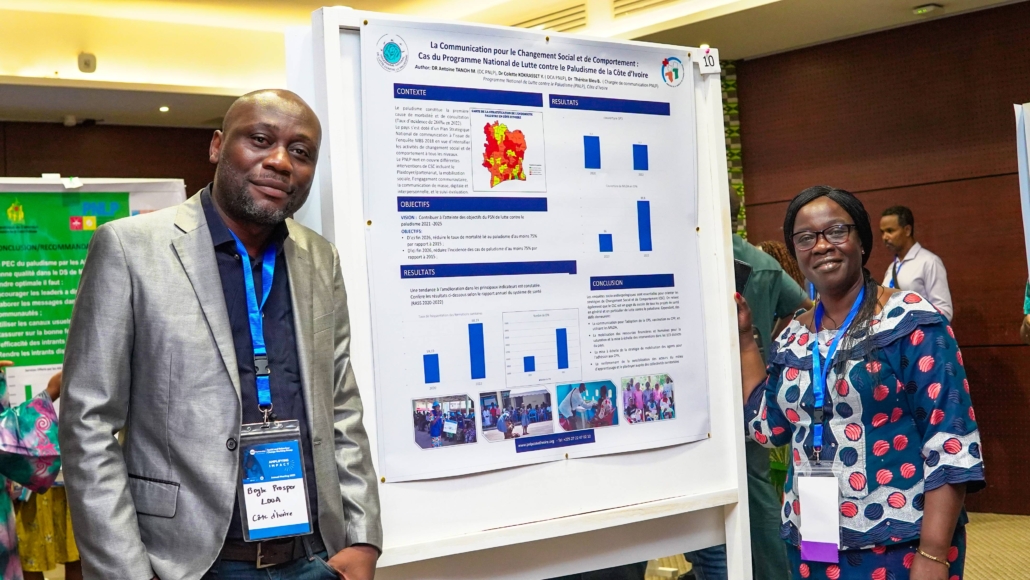 Through technical presentations and intentional listening, members learned about their colleagues’ challenges and how they overcame those challenges. Importantly, members had the opportunity to celebrate each other’s successes.
Through technical presentations and intentional listening, members learned about their colleagues’ challenges and how they overcame those challenges. Importantly, members had the opportunity to celebrate each other’s successes.
One of the highlights of the event was the opportunity to hear firsthand stories of behavior change agents in rural communities in Côte d’Ivoire, where access to health services can be limited. A midwife and two leaders of community women’s groups formed a panel to share accounts of their work to support women to attend ANC visits, and most importantly, to make up missed visits. The collaboration between the midwives and the women’s groups also supported women in receiving intermittent preventive treatment during pregnancy to prevent malaria and increasing safe and healthy delivery of their babies.
This was a particularly impactful panel. One of the women’s group leaders, who attended with her infant on her lap, told the story of a woman in her community who had suffered from multiple miscarriages, potentially due, in part, to contracting malaria. Through the coordinated efforts of her group and connections to a local midwife, the woman was finally able to deliver a healthy baby.
- Strengthening skills and amplifying impact
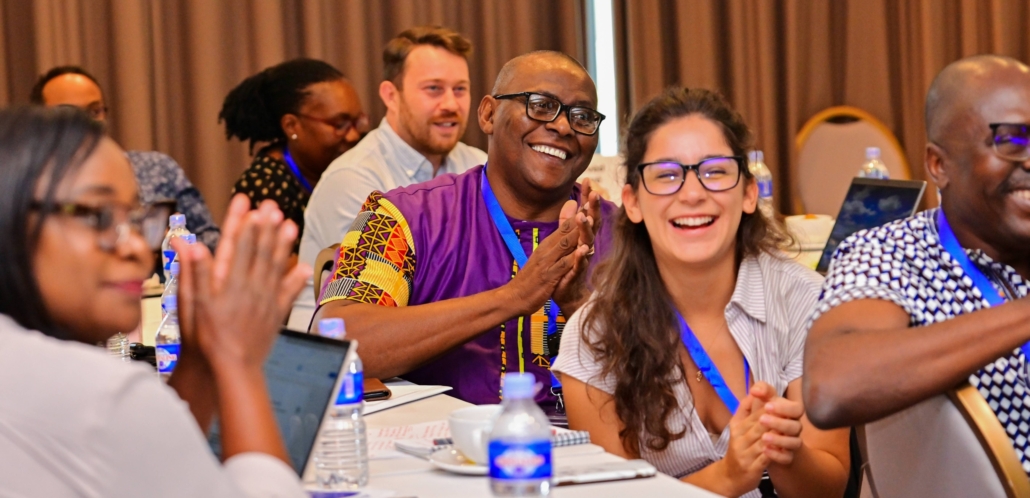 During the meeting, participants heard about emerging issues in malaria SBC and new and existing resources for their work. The meeting featured a preview of malaria SBC guidance for the introduction of the new malaria vaccines into countries, highlighting how malaria and immunization programs will need to coordinate and work together for successful malaria vaccine uptake. Members of the working group had participated in a task team led by the World Health Organization (WHO) and PATH to develop these SBC resources, which were subsequently launched on the WHO TechNet-21 website a few days later.
During the meeting, participants heard about emerging issues in malaria SBC and new and existing resources for their work. The meeting featured a preview of malaria SBC guidance for the introduction of the new malaria vaccines into countries, highlighting how malaria and immunization programs will need to coordinate and work together for successful malaria vaccine uptake. Members of the working group had participated in a task team led by the World Health Organization (WHO) and PATH to develop these SBC resources, which were subsequently launched on the WHO TechNet-21 website a few days later.
Another key feature of the meeting were four curated skills-building workshops, through which participants sharpened their abilities in monitoring and evaluation, behavioral economics, story-telling, and using a holistic lens to examine malaria service delivery challenges.
- Charting the course ahead together
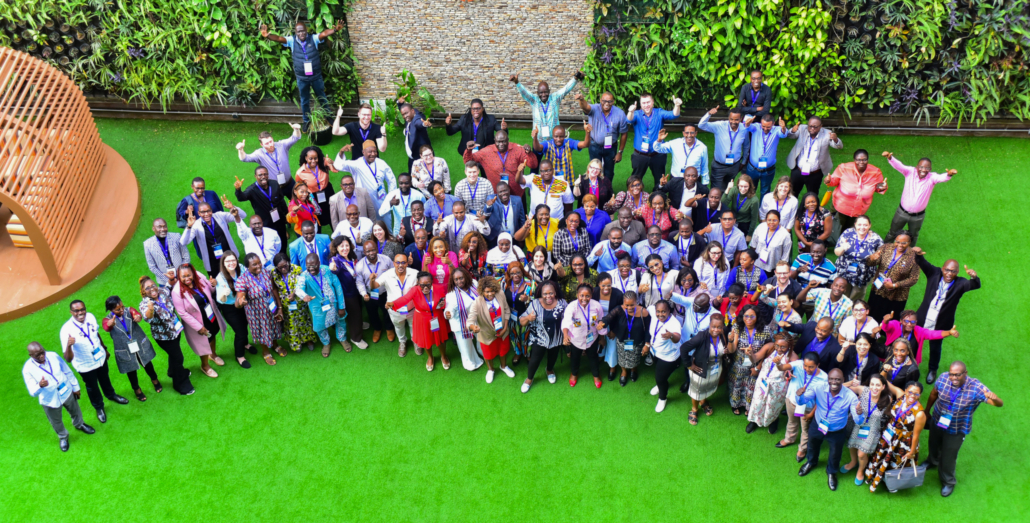
Throughout the meeting, members reflected on each other’s challenges, successes, and priorities. Thoughtful exchanges between working group members culminated in a larger group discussion that helped them envision how to coordinate and amplify efforts in the coming year towards a shared vision of zero malaria.
It was clear during the meeting there is plenty more ground to cover in malaria SBC. But the energy, ideas, and learning that were galvanized by this meeting will carry the working group through an exciting and productive year ahead!
Written by: Gabrielle Hunter, RBM Partnership to End Malaria SBC Working Group Co-Chair and Breakthrough ACTION Malaria Technical Lead
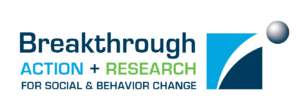
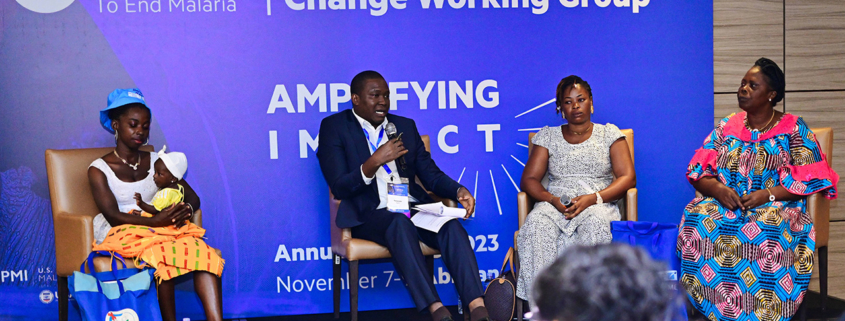
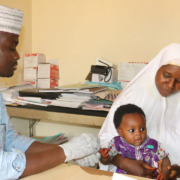 Breakthrough ACTION
Breakthrough ACTION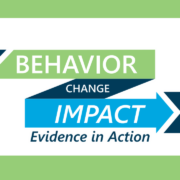
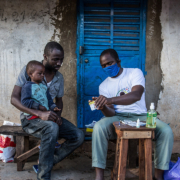 USAID/StopPalu+/Flickr
USAID/StopPalu+/Flickr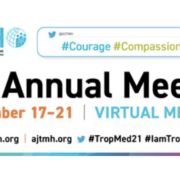

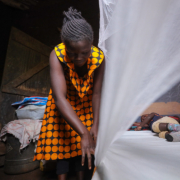 PMI/USAID
PMI/USAID